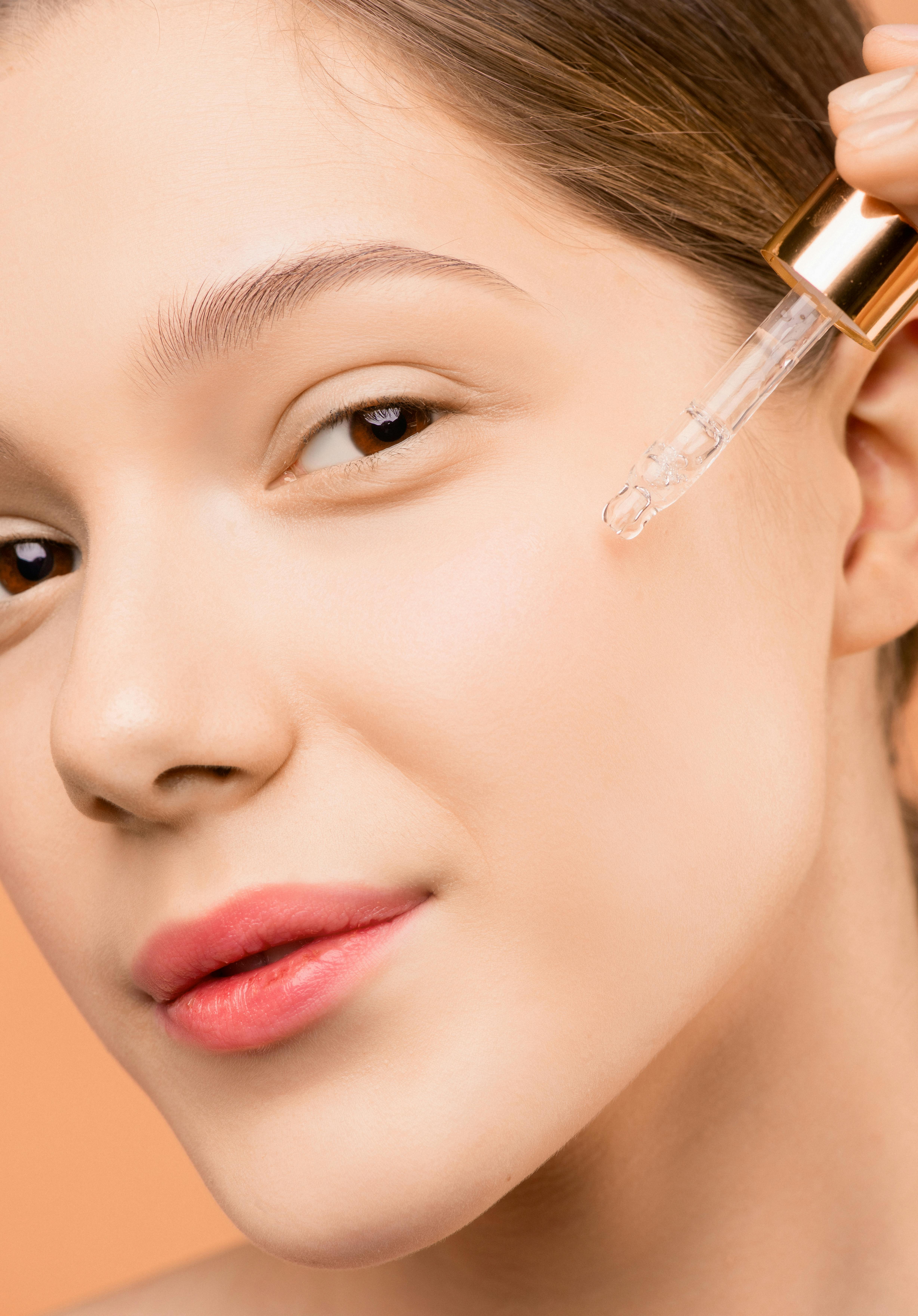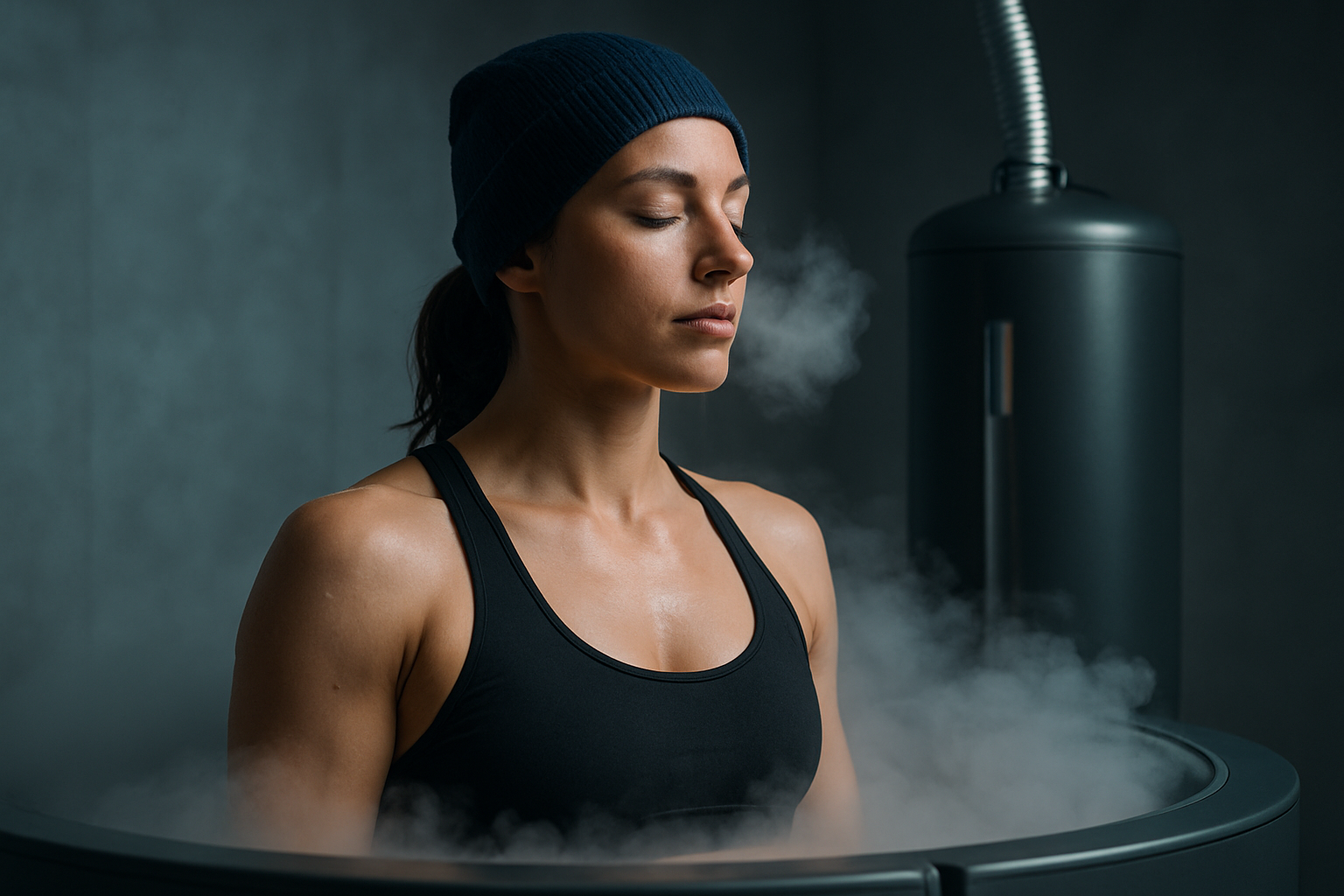Mushroom Mania: The Fungal Frontier in Beauty
The beauty industry is abuzz with a surprising new trend that's taking root in skincare routines and wellness practices worldwide: mushrooms. These humble fungi, long revered in traditional medicine and cuisine, are now emerging as powerhouse ingredients in the realm of beauty and self-care. From serums to supplements, mushrooms are infiltrating every aspect of our beauty regimens, promising a range of benefits from hydration to anti-aging. This fungal phenomenon is not just a fleeting fad, but a movement grounded in scientific research and centuries-old wisdom. As consumers increasingly seek natural, sustainable, and effective solutions for their skincare needs, mushrooms offer a unique blend of innovation and tradition that's captivating beauty enthusiasts and industry experts alike.

Reishi, shiitake, and chaga mushrooms are among the most popular varieties finding their way into serums, creams, and masks. Reishi, known as the “mushroom of immortality” in traditional Chinese medicine, is prized for its ability to promote skin elasticity and combat signs of aging. Shiitake mushrooms, rich in kojic acid, are effective in brightening the complexion and reducing hyperpigmentation. Chaga, with its high melanin content, offers natural UV protection and helps to soothe irritated skin.
Fungal Formulations: From Forest to Face
The process of incorporating mushrooms into skincare products involves sophisticated extraction methods to harness their beneficial compounds. Mushroom extracts can be obtained through various techniques, including water extraction, alcohol extraction, and more advanced processes like supercritical CO2 extraction. These methods allow for the concentration of active ingredients while preserving their integrity and potency.
Formulators are experimenting with innovative ways to integrate mushroom extracts into a wide range of products. Hydrating toners infused with tremella fuciformis, also known as snow mushroom, are gaining popularity for their ability to rival hyaluronic acid in moisture-retention capabilities. Mushroom-based face masks, enriched with cordyceps and lion’s mane, promise to revitalize dull, stressed skin. Even makeup products are getting a fungal makeover, with foundations and concealers incorporating mushroom extracts for added skincare benefits.
Beyond Skin Deep: Mushrooms in Ingestible Beauty
The mushroom trend extends beyond topical applications, making significant inroads in the realm of ingestible beauty. Mushroom-based supplements and functional foods are becoming increasingly popular among those seeking to enhance their beauty from within. Adaptogens like cordyceps and lion’s mane are being touted for their stress-reducing properties, which can have positive effects on skin health and overall well-being.
Mushroom coffee blends and elixirs, fortified with extracts from various medicinal mushrooms, are gaining traction as alternatives to traditional coffee. These beverages promise not only an energy boost but also potential beauty benefits, including improved skin clarity and reduced inflammation. The integration of mushrooms into the ingestible beauty market reflects a growing understanding of the interconnectedness between internal health and external appearance.
The Science Behind the Spores
While the beauty industry’s enthusiasm for mushrooms is palpable, it’s essential to examine the scientific evidence supporting their efficacy. Numerous studies have investigated the potential benefits of various mushroom species for skin health and overall wellness. Research has shown that certain mushroom extracts can inhibit tyrosinase activity, potentially reducing melanin production and addressing hyperpigmentation issues. Other studies have focused on the anti-inflammatory and antioxidant properties of mushrooms, which may help protect the skin from environmental stressors and premature aging.
However, it’s important to note that while the initial research is promising, more comprehensive clinical trials are needed to fully understand the long-term effects and optimal use of mushrooms in beauty applications. As with any emerging trend, consumers should approach mushroom-based products with a balanced perspective, seeking products from reputable brands that prioritize transparency and scientific rigor.
Sustainability and Ethical Considerations
As the demand for mushroom-based beauty products grows, questions of sustainability and ethical sourcing come to the forefront. Many of the mushroom species used in skincare are wild-harvested, raising concerns about overharvesting and habitat disruption. However, the beauty industry is increasingly turning to cultivated mushrooms and lab-grown mycelium as sustainable alternatives.
Innovative companies are developing methods to grow mushrooms specifically for cosmetic use, ensuring a consistent supply of high-quality ingredients while minimizing environmental impact. Some brands are even exploring the use of mushroom mycelium as a biodegradable packaging material, further enhancing the eco-friendly appeal of fungal beauty products.
The mushroom revolution in beauty represents a fascinating convergence of ancient wisdom and cutting-edge science. As fungi continue to captivate the imagination of formulators, researchers, and consumers alike, we can expect to see even more innovative applications in the coming years. From powerful skincare ingredients to sustainable packaging solutions, mushrooms are proving to be versatile allies in the quest for effective, natural beauty solutions. While the long-term impact of this trend remains to be seen, one thing is clear: the fungal frontier in beauty is just beginning to be explored, promising a future where the power of mushrooms extends far beyond the plate and into our daily beauty rituals.





